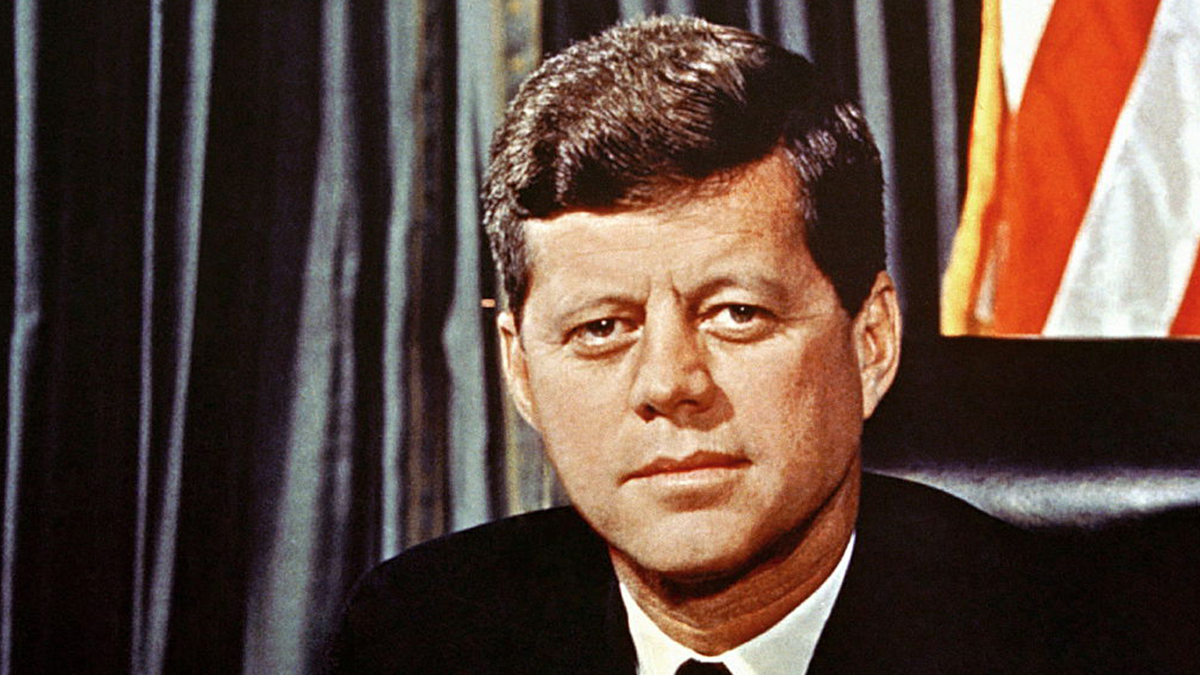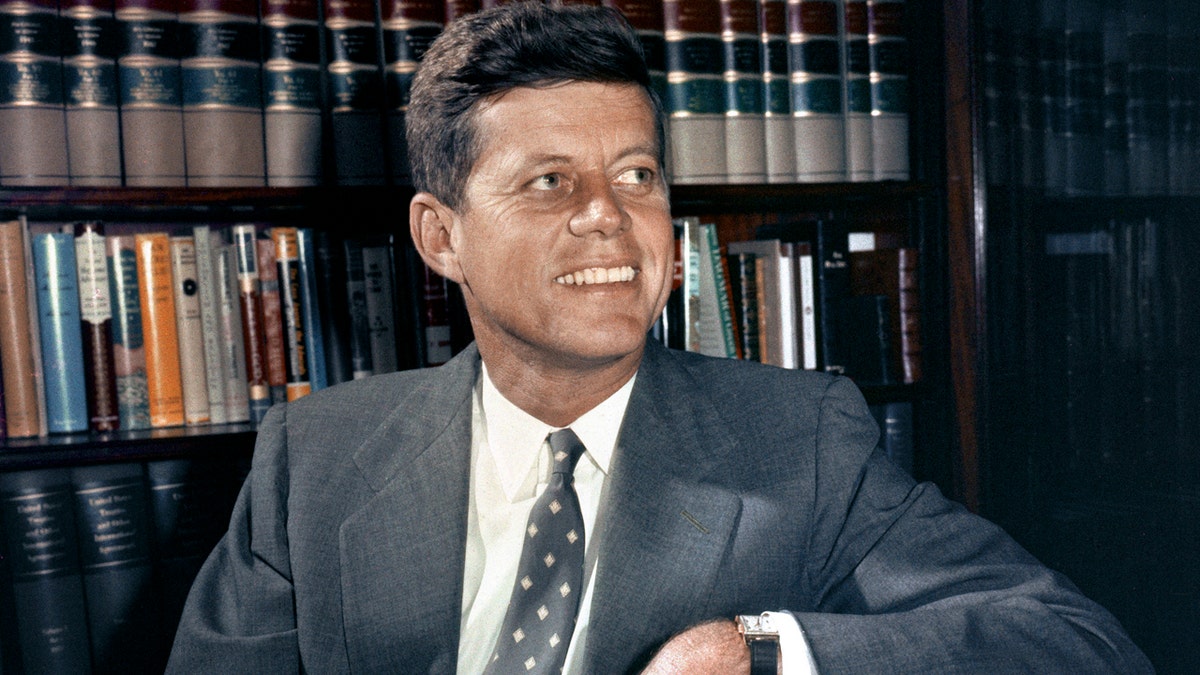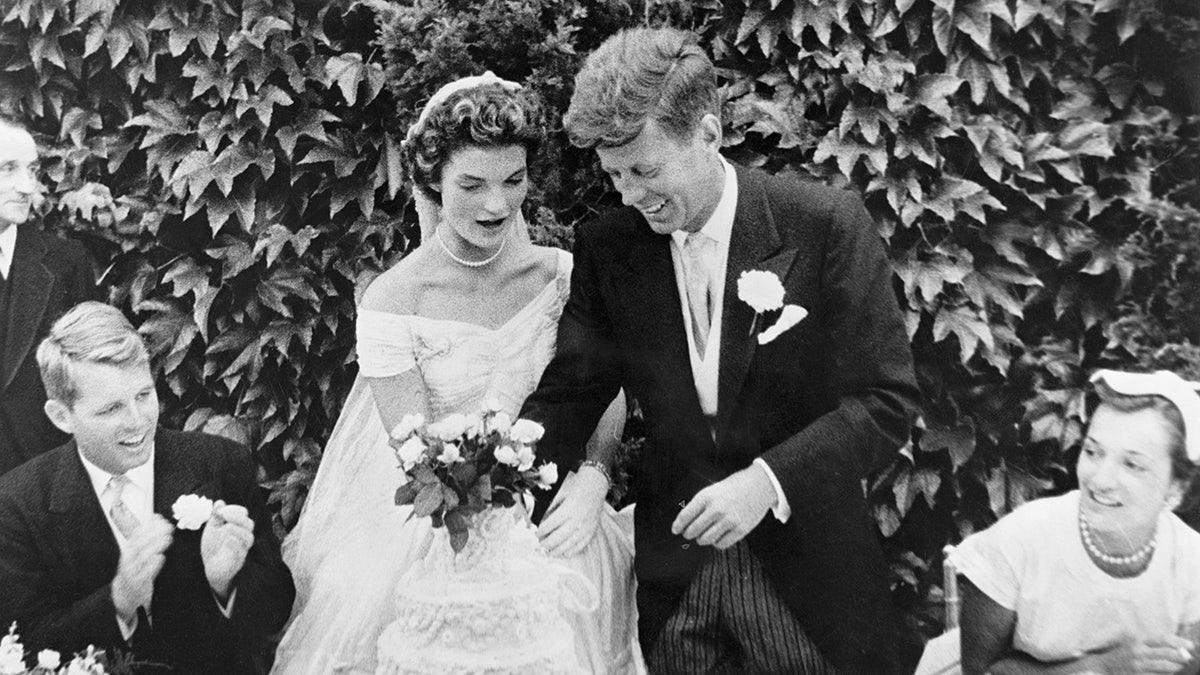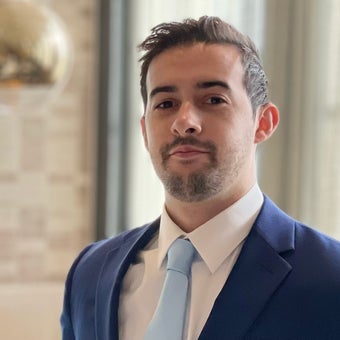CIA holding thousands of documents related to JFK assassination: RFK Jr
Democrat presidential candidate Robert F. Kennedy Jr. gives his take on the CIA's alleged role in the assassination of his father as well as former President John F. Kennedy on "Hannity."
A former Secret Service agent who witnessed the assassination of President John F. Kennedy has broken his silence about the event and is now casting doubt on findings from the commission that investigated the president’s death.
Paul Landis, who said he long believed Lee Harvey Oswald acted alone when he killed Kennedy in 1963, said he is beginning to wonder if additional shooters may have been involved.
"I’m beginning to doubt myself," Landis told the New York Times. "Now, I begin to wonder."
Landis’ said his newfound skepticism results from discrepancies between the Warren Commission and his own experiences on the day Kennedy was shot in the head and killed while riding inside a Lincoln Continental convertible through Dallas on Nov. 22, 1963.

President John F. Kennedy was assassinated in 1963. He was the 35th president of the United States. (Getty)
At the time of Kennedy’s assassination, Landis was in a car following Kennedy when he heard several gunshots ring out.
Several elements of Landis’ recent account of that day in Dealey Plaza contradict his official statement just after the shooting. While he stressed that he never believed in conspiracy theories, he was adamant to tell what he saw and did.
The Warren Commission, after an investigation, found no evidence that Oswald or Oswald's assassin, Jack Ruby, were part of any conspiracy, domestic or foreign, to kill the president. They stated at the time that one bullet that struck Kennedy passed through him and struck then-Texas Gov. John Connally, hitting his back, thigh, chest and wrist.
Critics of the commission’s findings call it the "magic bullet theory."
RFK JR DOUBLES DOWN ON ALLEGATION CIA INVOLVED IN JFK'S ASSASSINATION: '60-YEAR COVER-UP'

Then-Sen. John F. Kennedy, D-Mass., is shown in his office in Washington on Feb. 27, 1959. (AP Photo)
Their conclusion was based on a bullet found on a stretcher that carried Connally as he was transported around Parkland Memorial Hospital after the attack.
However, Landis told the New York Times that he initially discovered the bullet found on the stretcher. He recalled that the bullet was lodged in the limousine seat behind where Kennedy was seated after the president was brought to the hospital.
"It was a piece of evidence that I realized right away [was] very important," Landis said. "And I didn’t want it to disappear or get lost. So, it was, ‘Paul, you’ve got to make a decision’ – and I grabbed it."
To stop souvenir hunters, Landis grabbed the bullet, entered the hospital and placed it on Kennedy’s stretcher. He had hoped the evidence would help doctors determine what happened. He surmised that the stretchers must have been pushed together at one point and the bullet fell near Connally.
ROBERT F KENNEDY ASSASSIN SIRHAN SIRHAN GRANTED PAROLE BY CALIFORNIA BOARD

John F. Kennedy and Jacqueline Bouvier cut their wedding cake after their marriage in Newport, Rhode Island, in September 1953. (Getty Images)
Landis speculates the bullet had lost velocity in Kennedy’s back and was burrowed into the limousine seat.
He had always thought Oswald acted alone, but now he is unsure. Landis will soon release his memoir, "The Final Witness: A Kennedy Secret Service Agent Breaks His Silence After 60 Years."
Over the last several years, Landis has told his story to prominent figures, such as former Secret Service Director Lewis C. Merletti and Cleveland lawyer James Robenalt.
"If what he says is true, which I tend to believe, it is likely to reopen the question of a second shooter, if not even more," Mr. Robenalt said.
"If the bullet we know as the magic or pristine bullet stopped in President Kennedy’s back, it means that the central thesis of the Warren Report, the single-bullet theory, is wrong," he added.
CLICK HERE TO GET THE FOX NEWS APP
For more Culture, Media, Education, Opinion, and channel coverage, visit foxnews.com/media.











































